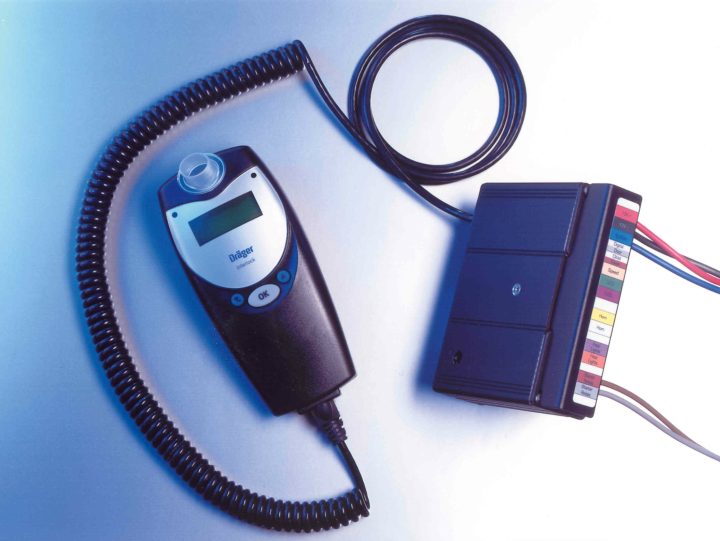The Belgian Minister of Mobility
François Bellot is planning to strengthen drink driving laws to require
judges to impose alcohol interlocks on recidivist and high level first
time offenders and in cases of drunkenness.
Belgium’s alcohol interlock programme began in September 2013, but judges have only imposed the requirement in 42 cases. By far the most common sanction since then was a temporary driving ban, imposed on 19,510 individuals.
Mr Bellot is preparing legal changes that would require judges to impose alcohol interlocks to be fitted in the case of repeat offending, first time offenders with a very high blood alcohol concentration (BAC) and in cases of drunkenness. The minister wants the new measures in place by next summer.
Fines for drink driving are also set to increase in Belgium from January.
Alcohol interlocks, when combined with rehabilitation programmes, have been shown to be effective in cutting reoffending. A Finnish report published in 2013, and based on four years of data, showed a recidivism rate of 6% when interlocks were used compared to the usual 30% rate in Finland.
A recent study by the Belgian Road Safety Institute, an ETSC member, found that 12% of Belgian motorists admitted to having driven under the influence of alcohol in the past month.
There are at least 200 road deaths involving alcohol in Belgium each year.
New from ETSC: Download our new guidelines for Member States on how to design an effective alcohol interlock programme.
Αναδημοσίευση www.ETSC
Belgium’s alcohol interlock programme began in September 2013, but judges have only imposed the requirement in 42 cases. By far the most common sanction since then was a temporary driving ban, imposed on 19,510 individuals.
Mr Bellot is preparing legal changes that would require judges to impose alcohol interlocks to be fitted in the case of repeat offending, first time offenders with a very high blood alcohol concentration (BAC) and in cases of drunkenness. The minister wants the new measures in place by next summer.
Fines for drink driving are also set to increase in Belgium from January.
Alcohol interlocks, when combined with rehabilitation programmes, have been shown to be effective in cutting reoffending. A Finnish report published in 2013, and based on four years of data, showed a recidivism rate of 6% when interlocks were used compared to the usual 30% rate in Finland.
A recent study by the Belgian Road Safety Institute, an ETSC member, found that 12% of Belgian motorists admitted to having driven under the influence of alcohol in the past month.
There are at least 200 road deaths involving alcohol in Belgium each year.
New from ETSC: Download our new guidelines for Member States on how to design an effective alcohol interlock programme.
Αναδημοσίευση www.ETSC




Δεν υπάρχουν σχόλια:
Δημοσίευση σχολίου